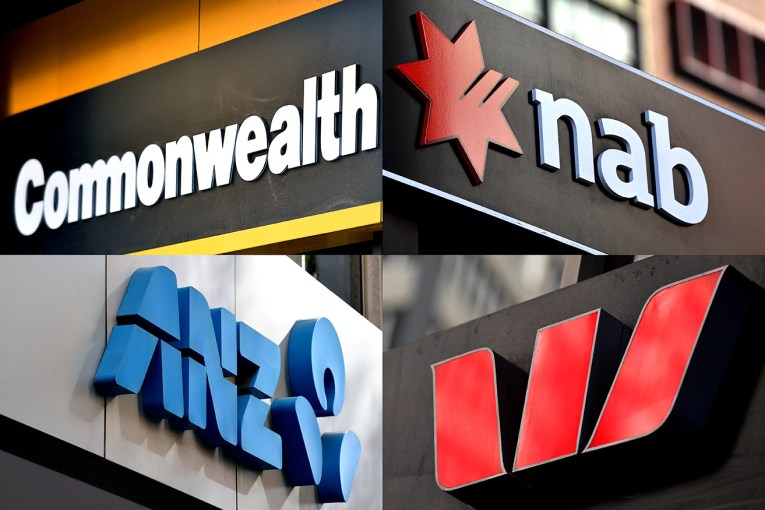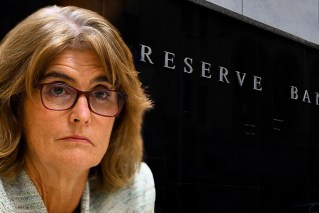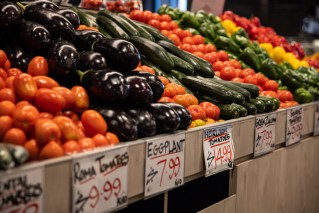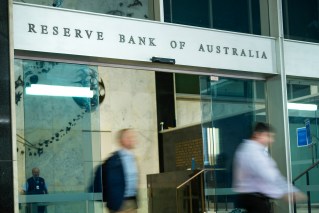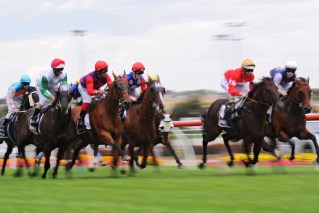NAB decided to slash its dividends. Will the other majors follow suit?

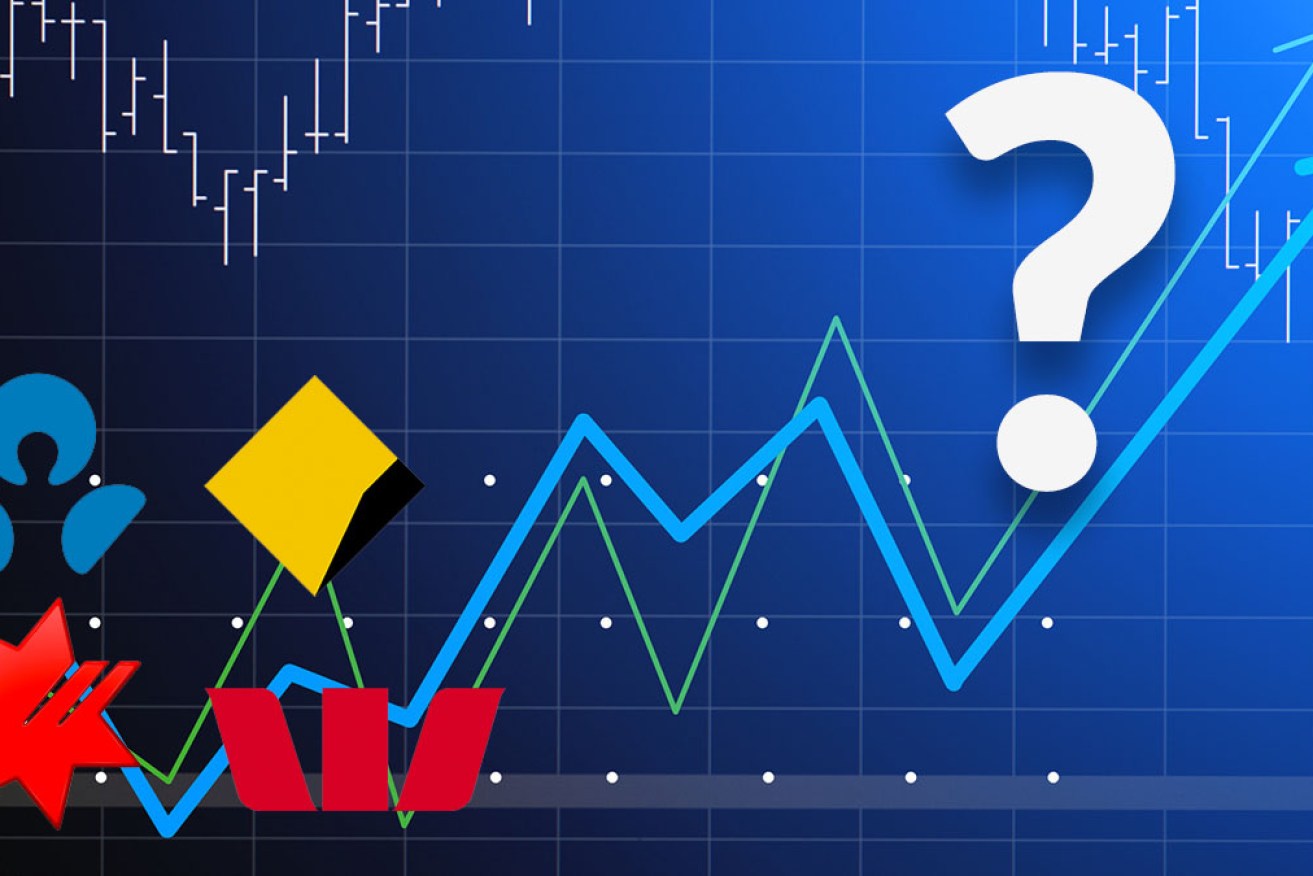
NAB has embarked on a capital raising venture while slashing dividends. Will the other majors follow suit? Photo: TND
As three of the major banks mull raising capital, market analysts say any holdout over slashing dividends risks stymying the Australian stockmarket’s recovery.
The warning comes after NAB surprised the ASX 200 by bringing forward its half-year results almost a fortnight to announce its statutory net profits shedded 51 per cent to $1.313 billion.
And it declared it would attempt to raise $3.5 billion in capital from current and new investors, and slash interim dividends by two-thirds to 30 cents per share.
NAB chief executive Ross McEwan said the measures would bolster the bank’s footing so it could weather the economic fallout of the coronavirus crisis.
Tweet from @psimpsonmorgan
“We entered this challenging period in a robust position, with capital, funding and liquidity significantly strengthened over recent years,” Mr McEwen told investors.
“However, given the uncertain outlook, we have taken proactive steps to further strengthen our balance sheet.”
NAB’s move followed prudential regulator APRA’s warning to the major banks to “seriously consider” deferring dividend payments until the post-coronavirus economic forecast becomes clearer.
However, Reserve Bank governor Philip Lowe said banks should still be able to deliver dividends to shareholders, because the major banks are “well capitalised” compared to other businesses.
Saxo Capital Markets market strategist Eleanor Creagh told The New Daily any uncertainty over future dividend cuts – whether similar to NAB’s or to zero – weighs down investor sentiment.
The big four banks are the heavyweight on our index and on our markets,” Ms Creagh said.
“And while there’s so much uncertainty with respect to dividend payments, the key driving engine behind pushing the index higher up from [its March collapse] is stalled.”
The major banks were previously warned about the ill effects of slashing dividends entirely, given roughly one million retirees rely upon banking shares as a major source of fixed income.
“Many older Australians use those dividends to pay for the things in life that are essential – some use this money to top up their part-pensions, and even full pensioners sometimes own shares,” National Seniors’ chief advocate Ian Henschke told The New Daily.
We need to look at ‘the bigger picture’
UBS banking analysts Jonathan Mott and Minh Pham on Monday questioned NAB’s decision to pay out dividends as its capital-raising plan hinges on selling shares at a bargain basement value.
Credit rating agency Moody’s appeared positive, saying the move will “significantly strengthen [NAB’s] capital base and boost its buffers against potential credit losses”.
Tweet from @MayneReport
Those credit losses could be slowed in part by the majors banks’ offers of six-month mortgage repayment holidays and other concessions made to customers experiencing coronavirus-induced financial hardship.
Notwithstanding those conflicting opinions, Ms Creagh said the Australian sharemarket has been particularly high yielding for the past three decades as banks bent over backwards to ensure major payouts for their shareholders.
And self-funded retirees who rely heavily on payouts are about to receive an untimely reality check.
In some sense, the chickens are coming home to roost, and this is something we simply can’t avoid,” Ms Creagh said.
“It’s a warning shot for investors that may have been complacent in terms of seeking out this yield, because those payout ratios at the end of the day may not be as sustainable as people thought they were.
“And that’s not just the banks – it’s potentially across the broader market.
“If you were to take the bigger picture into account, while it may hurt the individual, you would rather the collective action of having a well capitalised balance sheet and a buffer to withstand this period of economic uncertainty.”
